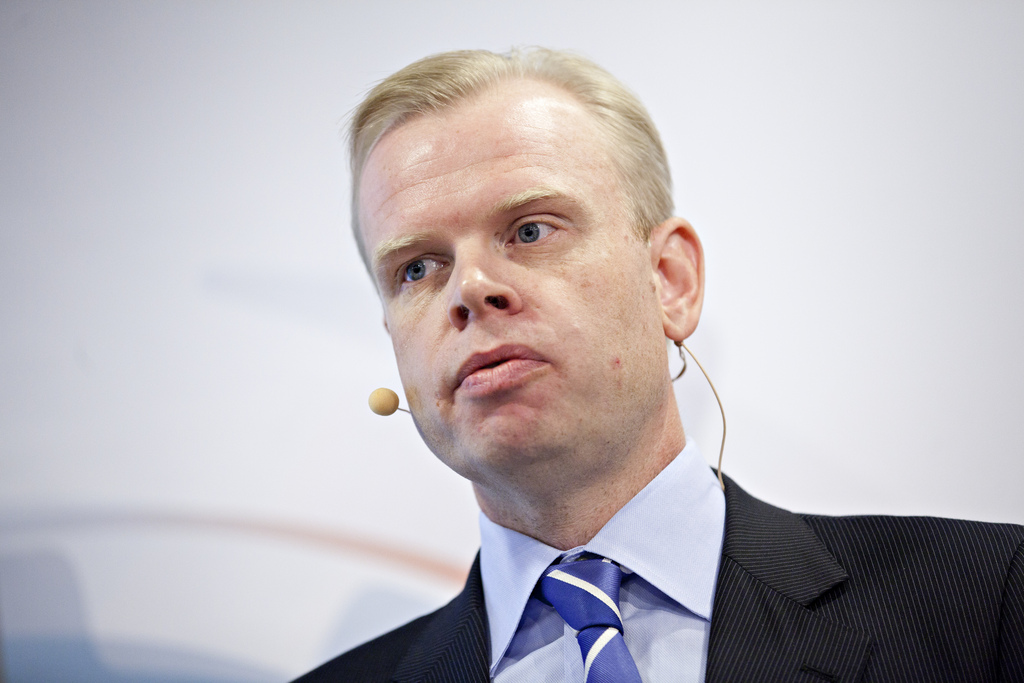The major Norwegian-based nitrogen company Yara said that low crops prices were “still supportive for fertilizer use and global fertilizer demand is growing”. Svein Tore Holsether, Yara’s chief executive, said that “the global farm margin outlook and incentives for fertilizer application remain supportive overall”. The company, being the world’s largest nitrogen producer, moreover emphasized the improvements in Brazil, where this trend is very evident. Brazil is a “dollar-based economy” whose competitiveness in crop exports has been undermined. However, it was “especially true for key crop exporting regions such as Europe and Latin America where local currencies have depreciated relative to the US dollar”, the company explained.
Yara’s comments are in opposition to the general beliefs in the industry that the recent revenue disappointments are largely a result of the weak real that makes dollar-denominated goods imports more expensive for farmers. Brazil has had the world’s least performing major currency since 2014, which, however, helps local crops prices. Anda, the country’ fertilizer industry association is also skeptical about the developments in the Brazilian nutrient sector. It has recently estimated that deliveries to consumers were at 3.77 million tons in September, which is a drop of 3.6 percent year on year. Anda moreover reported a 21 percent fall to 1.72 million tons in fertilizer imports last month as well as 6.1 percent drop in the domestic production.
As a result of the real weakness, Yara’s European operations are all set to benefit. The company explained that “a weaker euro and lower gas prices have improved the relative competitiveness of European fertilizer capacity” adding that “based on current forward markets for oil products and natural gas, Yara’s European energy costs for fourth quarter 2015 and first quarter 2016 are expected to be respectively 550m krone and 300m krone lower than a year earlier.”




